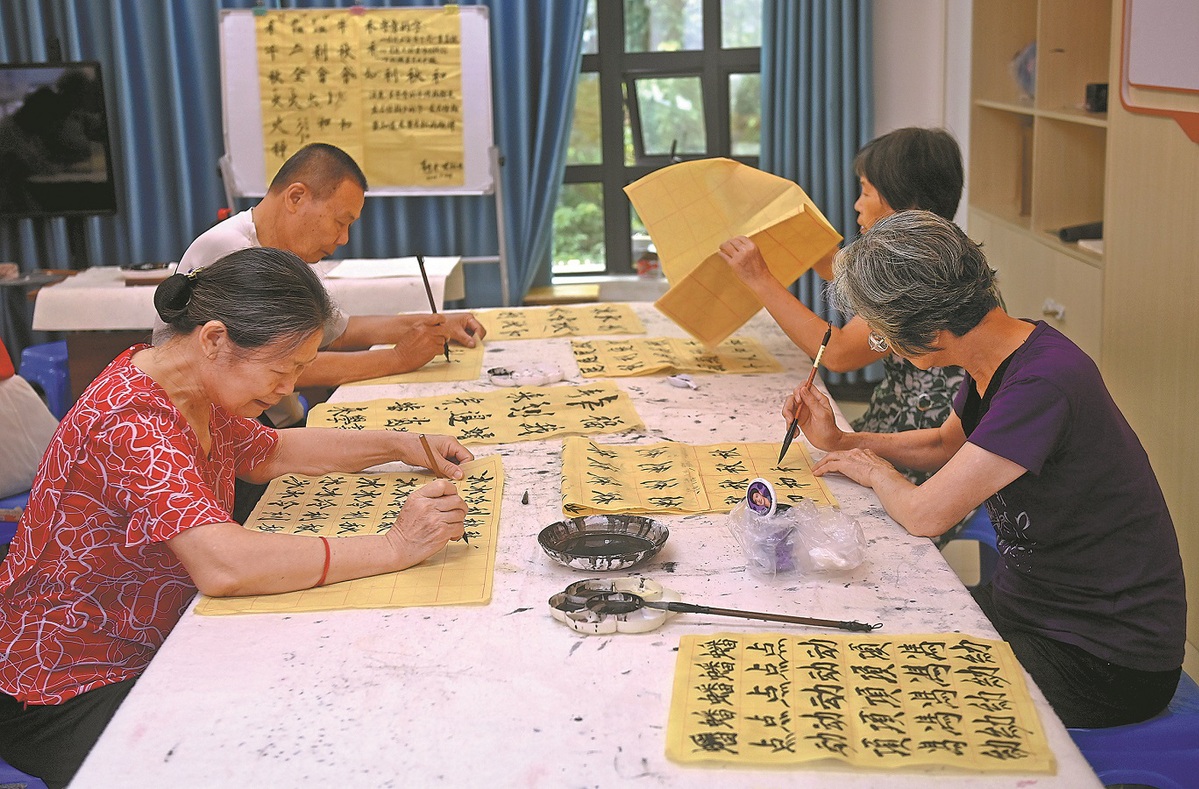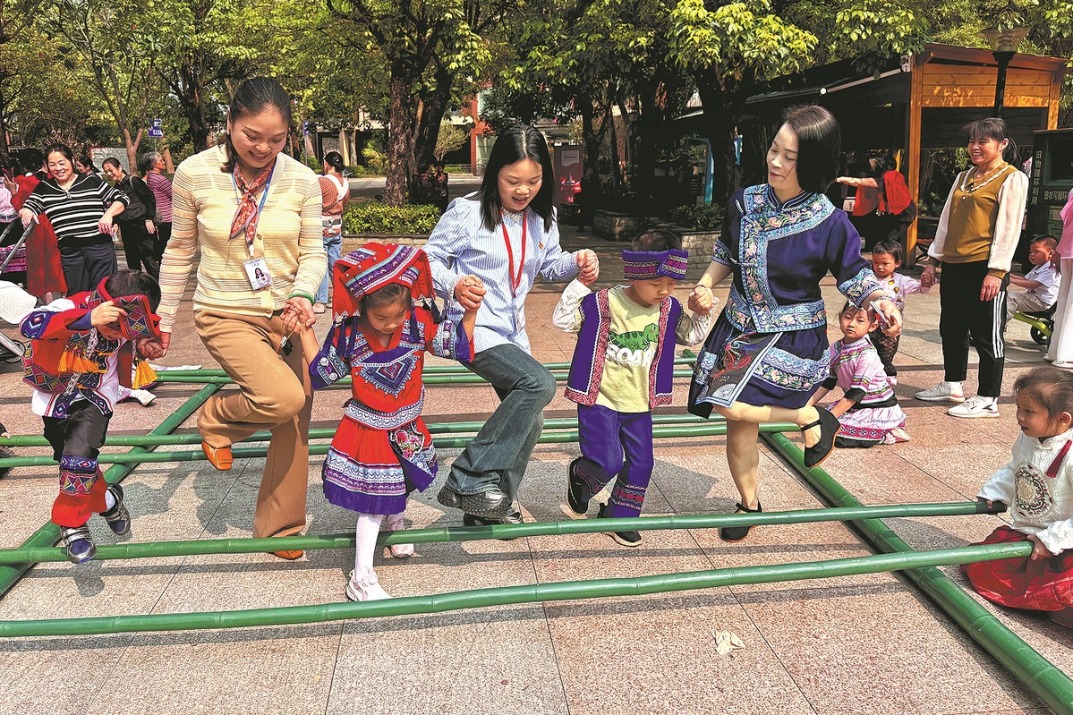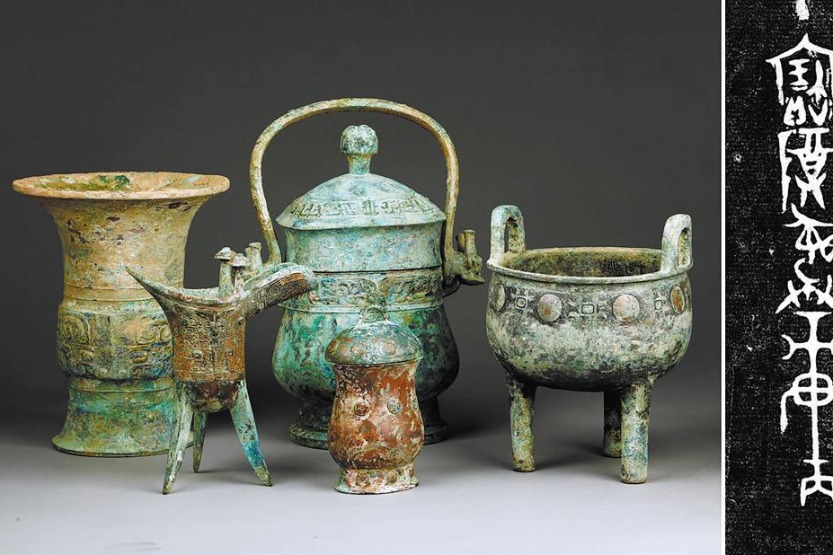Grassroots governance extends reach to win trust, address widespread issues
Guangxi communities follow Xi's instruction, build strong foundations, connections


Helpful services
In addition to the responder mechanism, Panlong community offers free weekly consultations and knowledge-sharing activities, such as psychological counseling on Tuesday, legal consultations on Wednesday, as well as early childhood education and calligraphy classes.
These diverse services, which evolved from scattered early education classes, were established in 2023 by Liu Yanlin, secretary of the Communist Party of China committee of Panlong Community.
In 2020, Panlong began organizing volunteer-led activities like singing and early education, but they were held irregularly.
"We considered fixing the schedule to allow more residents to participate," said Liu, who leads 27 community workers. Liu and her team later collaborated with early education institutions to provide weekly knowledge-sharing sessions that attracted many participants.
The scope soon expanded to include psychological and legal consultations.
In 2024, Panlong community conducted 48 psychological counseling sessions, serving about 70 residents, mainly focusing on parent-child relationships and mental health, according to the community's annual report.
A total of 65 legal consultations served over 250 residents, addressing issues such as marriage, labor disputes, and inheritance.
All these professionals offering voluntary services come from psychological, legal, and educational institutions located within the community.
According to Liu, whose grassroots work began after her university graduation in 2005, community services reflect the transformation in China's grassroots governance over the past 20 years.
"In the past, community workers did everything themselves, with few volunteers. Now, if the community has needs, government departments, enterprises, and social forces actively help solve problems or provide volunteer services," she said.
Compared to the past, communities now have mechanisms to connect residents' real difficulties with relevant government departments or social institutions, thereby facilitating the solving of problems.























